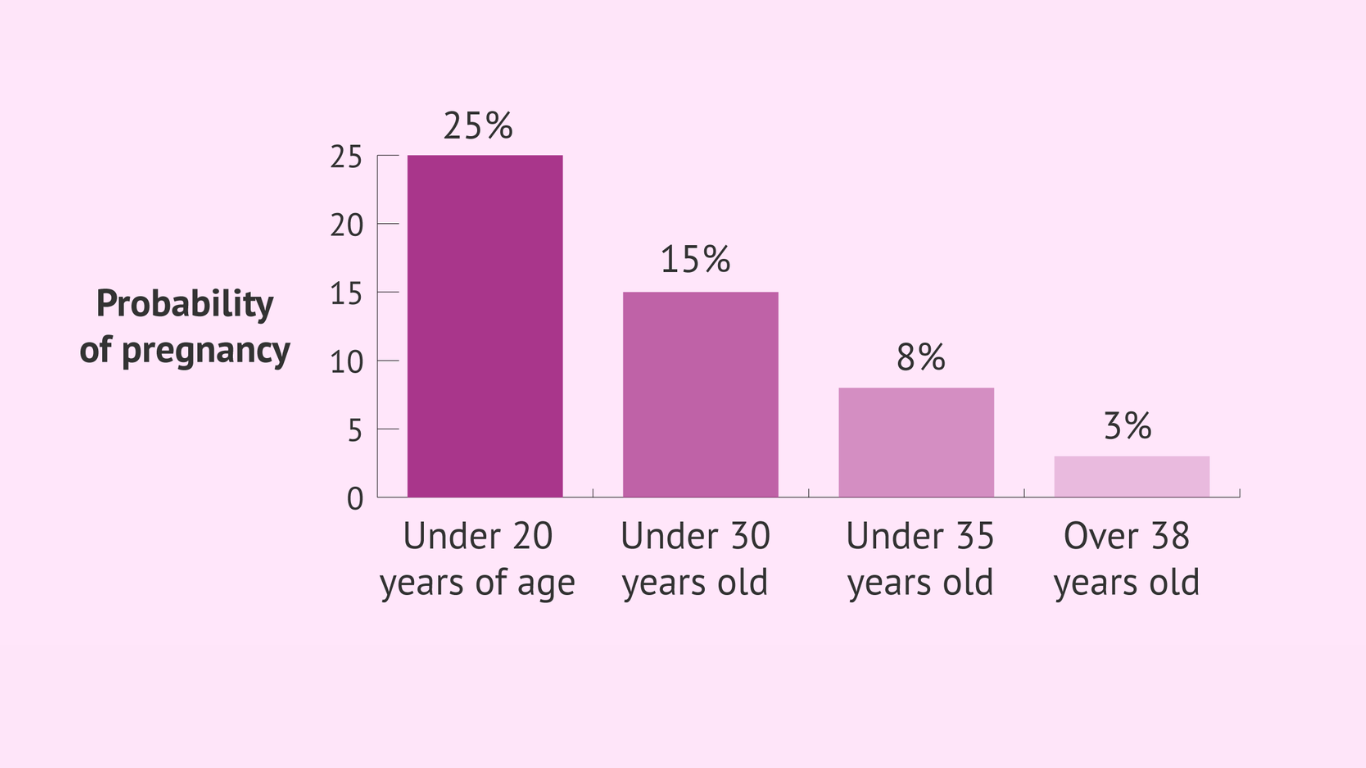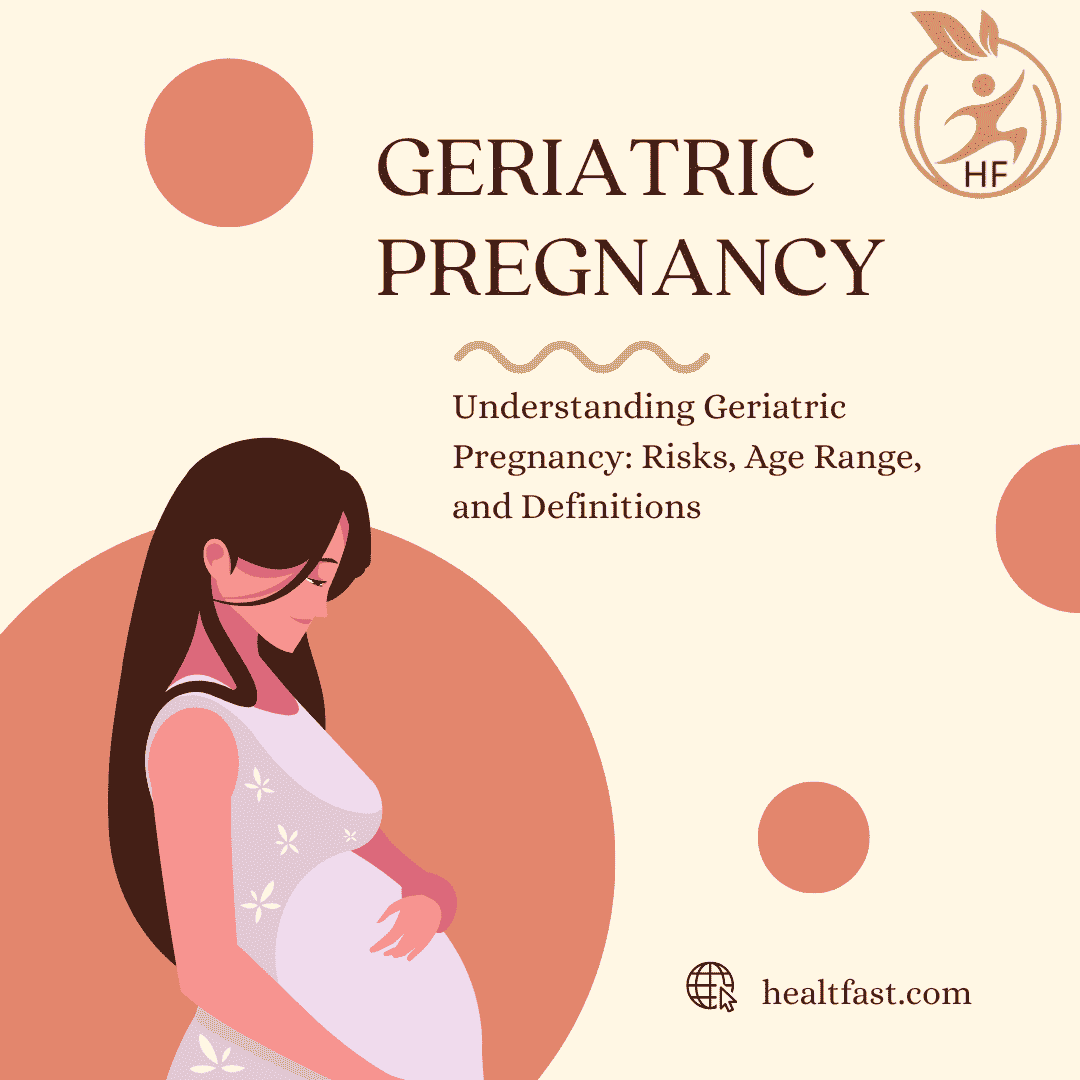In today’s world, health and lifestyle insurance has become more than just a financial safety net; it’s a cornerstone of a secure future. Whether you’re concerned about the rising cost of healthcare, want to protect your family’s well-being, or seek financial stability in times of illness or injury, understanding how health and lifestyle insurance can work for you is crucial. This article dives into the different types of health and lifestyle insurance available, why they are essential, and how to choose the right plan for you.
Understanding Health Insurance: Why It Matters
Health insurance is essential for managing medical costs, which can quickly spiral out of control without proper coverage. With hospital stays, doctor’s visits, surgeries, and prescription drugs becoming increasingly expensive, having a reliable health insurance policy can make all the difference between a comfortable life and financial distress. But health insurance doesn’t just cover major health expenses; it also helps with routine check-ups, preventive care, and early diagnosis, ultimately leading to better long-term health outcomes.
Key Benefits of Health Insurance
- Comprehensive Medical Coverage: Health insurance typically covers a broad range of healthcare services, from emergency treatments and hospitalizations to doctor visits, specialist consultations, and surgeries.
- Preventive Care: Health insurance often includes preventive services like vaccinations, screenings, and wellness checkups that help detect potential health issues before they become serious.
- Financial Protection: With rising healthcare costs, a good health insurance policy can prevent you from paying out-of-pocket expenses that could otherwise drain your savings or put you into debt.
- Access to a Network of Healthcare Providers: Insurance plans often have a network of doctors, specialists, and hospitals, ensuring that you get care from trusted professionals.
Lifestyle Insurance: Securing Your Future Beyond Health
While health insurance protects against physical illnesses and injuries, lifestyle insurance is a more modern concept that focuses on protecting your overall way of life. This can include things like income protection, critical illness insurance, and life insurance—policies designed to help you maintain your lifestyle in the face of unforeseen circumstances.
Types of Lifestyle Insurance
- Income Protection Insurance: This type of insurance ensures that if you become unable to work due to illness or injury, you will still receive an income to support yourself and your family.
- Critical Illness Insurance: This policy provides a lump-sum payout if you’re diagnosed with a serious illness such as cancer, heart disease, or stroke. The funds can be used to cover medical expenses, living costs, or anything else during your recovery.
- Life Insurance: Life insurance is one of the most common forms of lifestyle insurance. It provides financial security for your family in the event of your death, helping them pay for funeral expenses, debts, and ongoing living costs.
Why Health and Lifestyle Insurance is Essential
In the modern world, uncertainty is inevitable. With the risk of medical conditions, accidents, and even unpredictable life events, having health and lifestyle insurance is more important than ever. Let’s explore some of the key reasons why this type of coverage is essential:
1. Rising Healthcare Costs
The cost of medical care has been increasing steadily for years. In countries like the U.S., healthcare can be prohibitively expensive, with even a simple visit to the doctor sometimes costing hundreds of dollars. Without insurance, many people would find themselves financially vulnerable to medical emergencies.
2. Increasing Life Expectancy
While longer life expectancy is a positive development, it also brings the challenge of healthcare needs as people age. Chronic conditions, such as diabetes or arthritis, become more common as people live longer, often requiring ongoing care and treatment. Health insurance helps cover the costs of these long-term care needs, ensuring a higher quality of life in your later years.
3. Financial Stability
Health and lifestyle insurance provide peace of mind by securing your financial future. By having insurance in place, you can avoid financial hardships in case of a sudden illness or accident. Without insurance, the costs of healthcare and living expenses in the event of a crisis could lead to significant debt or even bankruptcy.
4. Mental Health and Well-being
Being financially secure can have a profound impact on your mental health. The stress of worrying about how to pay medical bills, or how to continue supporting your family if you can’t work, can take a toll on your emotional well-being. With health and lifestyle insurance, you can focus on recovery rather than financial strain.
5. Customized Coverage for Your Needs
One of the biggest advantages of health and lifestyle insurance is that it can be tailored to suit your unique needs. Whether you’re a young professional looking for affordable coverage, a family seeking comprehensive benefits, or a retiree in need of long-term care insurance, there are policies designed to meet different life stages and circumstances.
How to Choose the Right Health and Lifestyle Insurance Plan
Choosing the right insurance can be overwhelming, given the sheer number of options available. Here are some essential tips to help you find the best coverage for your needs:
1. Assess Your Health and Lifestyle Needs
The first step in selecting the right insurance is to evaluate your personal health and lifestyle needs. Are you in good health? Do you have any existing medical conditions that require ongoing care? Are you at risk for certain illnesses due to family history? Your current health and lifestyle will help determine what type of insurance you need and how much coverage is appropriate.
2. Compare Plans and Providers
Take the time to shop around and compare different insurance providers and plans. Consider factors such as premiums, coverage options, out-of-pocket costs, and the network of healthcare providers available to you. The right plan should provide comprehensive coverage without being overly expensive.
3. Look for Flexibility
Insurance needs can change over time. Look for plans that offer flexibility in terms of adding coverage as your life circumstances change. Whether you start a family, change jobs, or experience a health condition, your insurance should adapt to your evolving needs.
4. Consider Additional Benefits
Some health and lifestyle insurance policies come with added benefits, such as wellness programs, discounts on fitness memberships, or mental health support. These extra perks can add value to your coverage and contribute to a healthier lifestyle.
5. Read the Fine Print
Before committing to any policy, make sure to thoroughly read the terms and conditions. Pay attention to exclusions, waiting periods, and the process for making claims. Understanding your policy inside and out will ensure there are no surprises when you need to use it.
Health and Lifestyle Insurance: The Foundation for a Secure Future
Investing in health and lifestyle insurance is an investment in your future well-being. It offers not only financial protection but also peace of mind, knowing that you and your loved ones are covered against life’s uncertainties. Whether you’re looking for health insurance to manage medical costs, or lifestyle insurance to secure your income and provide for your family, understanding the available options and choosing the right policy will help ensure that you’re well-prepared for whatever life throws your way.
In a world of increasing medical costs, health risks, and uncertain life events, having robust health and lifestyle insurance coverage is no longer just a luxury—it’s a necessity.










